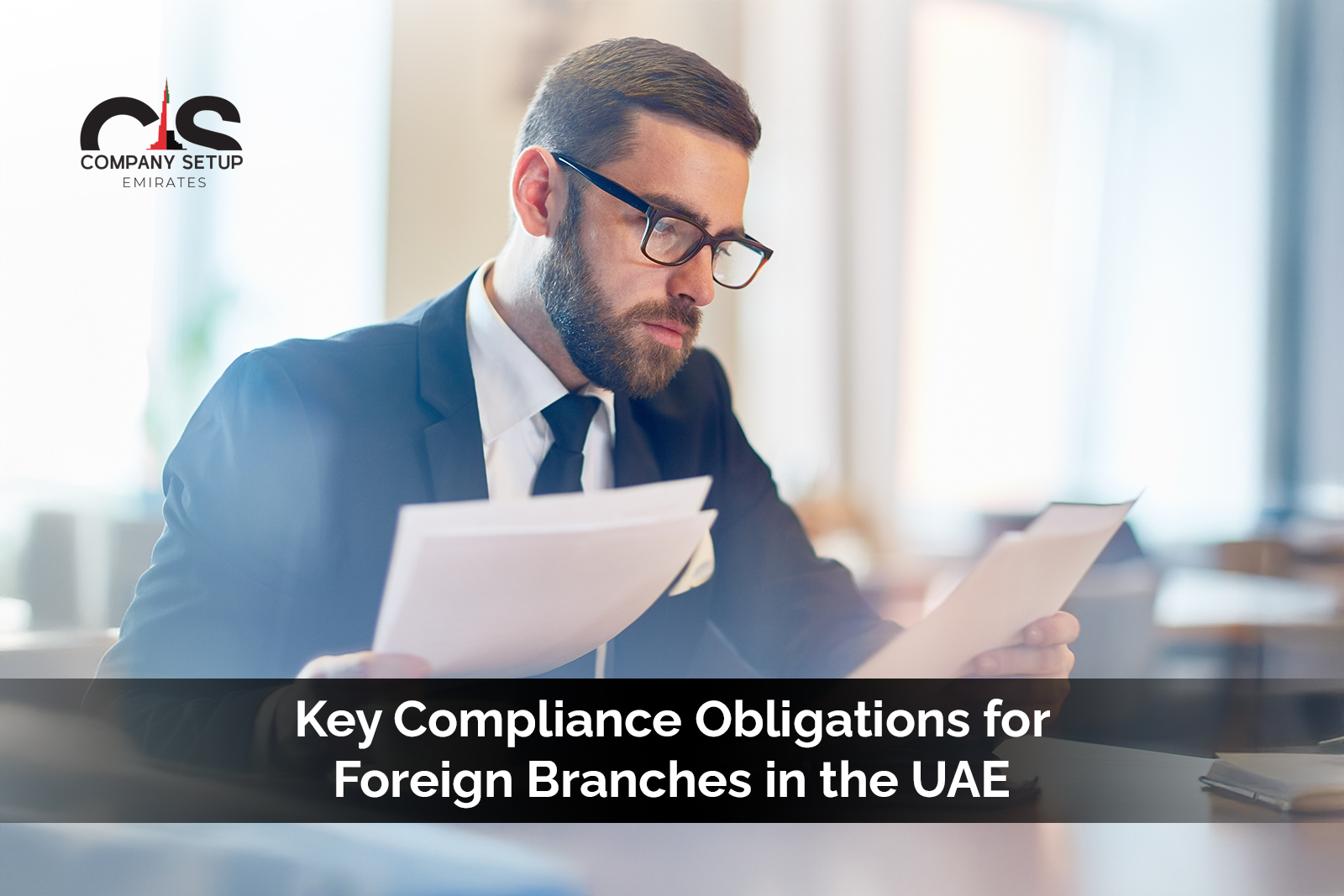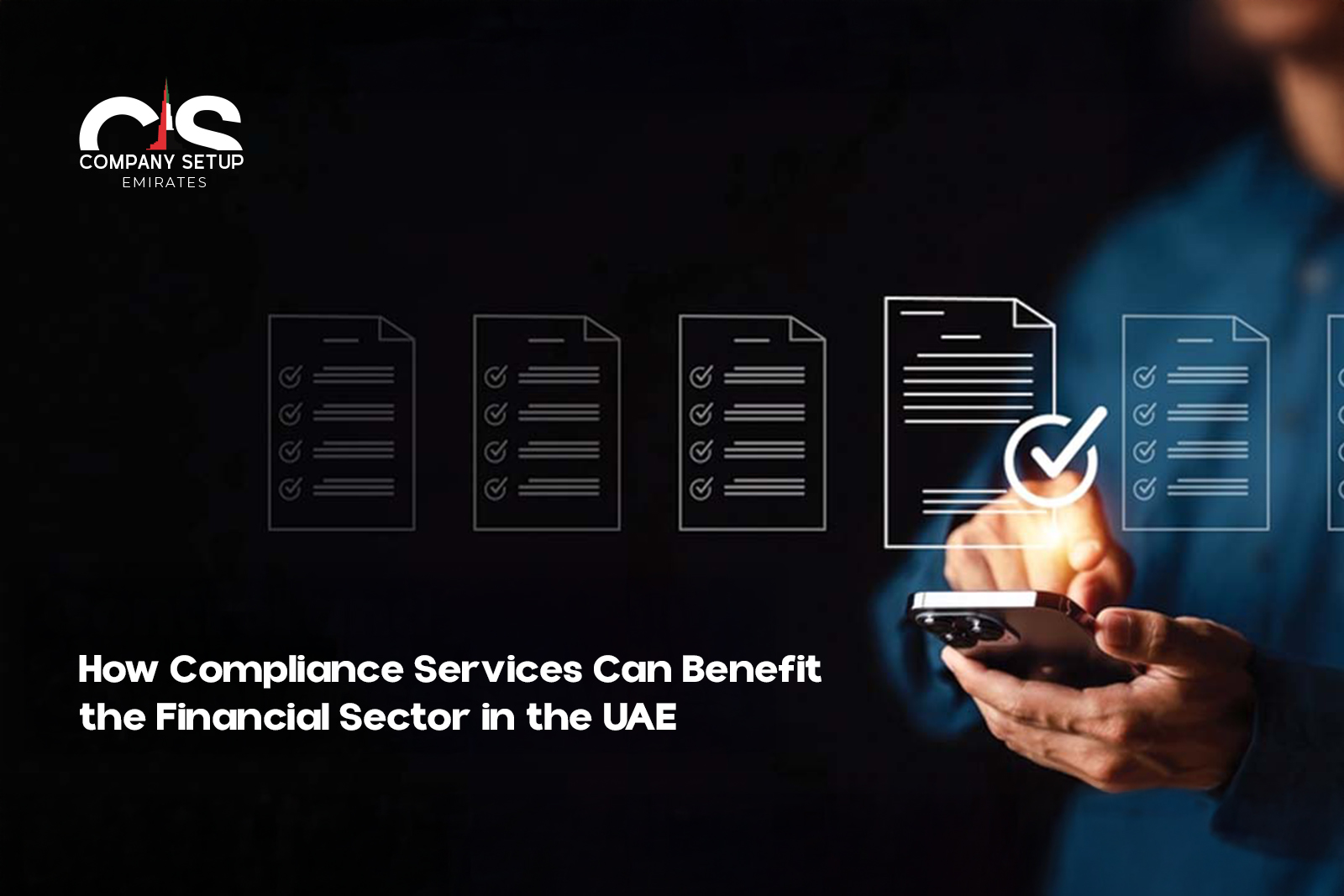Dubai is renowned for being a global business hub, offering a wealth of opportunities for entrepreneurs and corporations alike. However, understanding the legal framework for business setup in Dubai is essential to ensure that you comply with local regulations and avoid any unnecessary delays or fines.
This guide provides an overview of Dubai’s legal framework for setting up a business, helping you navigate through the key laws and regulations that every business owner should be aware of.
1. The Role of the Department of Economic Development (DED)
The Department of Economic Development (DED) plays a crucial role in regulating and overseeing all business activities in Dubai. The DED is responsible for issuing trade licences, monitoring business compliance and ensuring that companies adhere to the legal standards set by the government.
- Trade Licence: Every business in Dubai must obtain a valid trade licence from the DED. This licence is your legal permit to operate and it is issued based on the nature of your business activities. The DED offers various types of trade licences, including:
- Commercial Licence: For businesses involved in trading or selling goods.
- Professional Licence: For service-oriented businesses.
- Industrial Licence: For companies involved in manufacturing or production.
The trade licence must be renewed annually and any changes to the business structure, such as adding shareholders or altering business activities, must be updated with the DED.
2. Free Zones vs Mainland
One of the key decisions when setting up a business in Dubai is whether to establish your company in a free zone or on the mainland. Each option has its own legal requirements, benefits and limitations.
- Free Zones: Free zones are designated areas in Dubai that offer 100% foreign ownership, tax exemptions and streamlined processes for company registration. Businesses operating within free zones are restricted to conducting activities within the free zone or internationally, but they cannot operate directly within the UAE mainland.
- Mainland: Mainland businesses, on the other hand, are registered with the DED and can operate anywhere within the UAE. While mainland businesses traditionally required a local sponsor to hold 51% ownership, recent reforms allow for 100% foreign ownership in certain sectors.
It’s important to weigh the pros and cons of each option based on your business’s needs and objectives. Free zones offer greater flexibility for international operations, while mainland companies provide more opportunities for local business expansion.
3. Legal Structure and Shareholding
The legal structure of your business plays a pivotal role in determining how your company will operate and the regulations it must adhere to. Dubai offers various legal structures, each suited to different business activities and ownership models.
- Limited Liability Company (LLC): This is the most common legal structure for businesses in Dubai. An LLC allows for 100% foreign ownership in certain industries, but in others, a local sponsor must hold 51% of the shares. LLCs provide limited liability to shareholders, meaning personal assets are protected in case of business liabilities.
- Sole Proprietorship: A sole proprietorship is owned and managed by a single individual. This structure is typically used for small businesses and professionals. The owner bears unlimited liability for the business’s debts and obligations.
- Branch Office: Foreign companies can establish a branch office in Dubai to expand their operations. A branch office is not a separate legal entity but an extension of the parent company, meaning the parent company is fully liable for its debts.
Understanding the legal structure that best suits your business is essential, as it will determine your shareholding arrangements, liability and operational scope.
4. Labour and Employment Laws
Dubai has a well-defined set of labour laws that govern the relationship between employers and employees. These laws are designed to protect workers’ rights while ensuring that businesses operate efficiently.
Key aspects of Dubai’s labour laws include:
- Employment Contracts: Every employee must have a valid employment contract that outlines their job role, salary and working conditions. Contracts must be registered with the Ministry of Human Resources and Emiratisation (MOHRE).
- Wages: The Wage Protection System (WPS) ensures that employees receive their salaries on time. Employers must register for the WPS and pay salaries through the approved channels.
- End-of-Service Benefits: Employees in Dubai are entitled to an end-of-service gratuity, which is calculated based on the length of service and final salary. This gratuity is paid when an employee’s contract ends or when they resign.
- Working Hours and Conditions: The legal working week in Dubai is typically 48 hours, with shorter working hours during the holy month of Ramadan. Employers must also ensure a safe and healthy working environment for their employees.
Adhering to labour laws is crucial for maintaining a compliant and successful business. Failure to comply with these regulations can result in fines, penalties or even the suspension of your business licence.
5. Taxation and VAT Compliance
One of Dubai’s key attractions for business owners is its favourable tax regime. Dubai imposes no personal income tax or corporate tax for most businesses, making it a highly competitive environment for entrepreneurs. However, businesses must comply with the UAE’s Value Added Tax (VAT) regulations.
- VAT: The UAE introduced VAT at a rate of 5% on most goods and services in 2018. Businesses with an annual turnover exceeding AED 375,000 must register for VAT and charge VAT on applicable transactions.
- VAT Filing: Businesses must file VAT returns regularly and pay any VAT owed to the Federal Tax Authority (FTA). Non-compliance with VAT regulations can result in hefty fines and penalties, so it’s essential to maintain accurate financial records and meet all filing deadlines.
It’s advisable to work with a tax consultant or accountant to ensure that your business remains VAT-compliant.
6. Business Regulations and Compliance
In addition to labour laws and taxation, businesses in Dubai must adhere to various regulations and compliance standards. These regulations ensure fair business practices and protect consumers.
- Consumer Protection Laws: Businesses must comply with Dubai’s consumer protection laws, which guarantee fair pricing, product quality and after-sales service. The Dubai Consumer Protection Department monitors compliance and addresses consumer complaints.
- Anti-Money Laundering (AML): The UAE has strict anti-money laundering laws that require businesses to report suspicious transactions and maintain accurate financial records. Failure to comply with AML regulations can result in severe penalties, including fines and imprisonment.
Maintaining compliance with these regulations is essential for protecting your business’s reputation and avoiding legal issues.
Conclusion
Understanding Dubai’s legal framework for business setup is vital for ensuring that your company operates smoothly and within the law. From choosing the right legal structure to complying with labour laws and VAT regulations, each step of the process requires careful consideration. By staying informed and working with experienced professionals, you can navigate the legal landscape successfully and position your business for long-term success in Dubai.
Need help navigating Dubai’s legal framework for business setup? Companysetupemirates.com offers expert guidance to ensure that your business complies with all regulations. Contact us today for a consultation!






